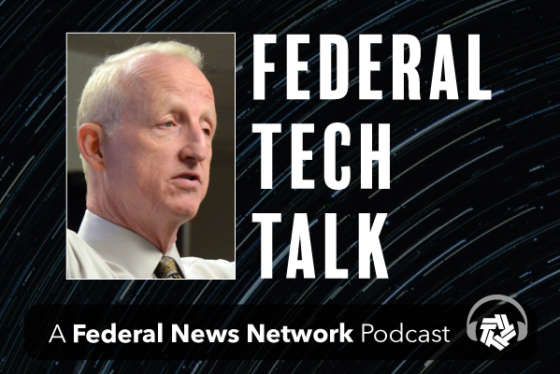
Identity management and the digital revolution
Don Graham, director of Sales for Radiant Logic joins John Gilroy on this week's Federal Tech Talk to discuss how the digital revolution is changing identity...
Best listening experience is on Chrome, Firefox or Safari. Subscribe to Fed Tech Talk’s audio interviews on Apple Podcasts or PodcastOne.
After interviewing hundreds of leaders in the area of federal information technology, a reasonable person would conclude that there is a tremendous transition from relying on firewalls and encryption to relying on identity management. This probably is a result of the failure of traditional technologies to protect federal assets.
Don Graham is the director of Sales for Radiant Logic and he joined host John Gilroy on this week’s Federal Tech Talk to discuss digital and identity transformation.

Graham gave an overview of how identity management has evolved. Microsoft probably started it all off with its Active Directory and it was paralleled with Lightweight Directory Access Protocol. This worked until systems had to be integrated into clouds. Then came cloud directories and separate databases for human resources, for example.
In a perfect world, these systems could be integrated. However, it’s necessary to consider people moving from agency to agency, people leaving the government altogether, contractors, hybrid clouds, and new compliance requirements. All of this makes identity management a world-class headache.
Graham suggested that moving from a role-based access control to an attribute-based access control will allow users to accomplish the task of identity management in an effective manner. The way this process is structured is normally with a something called a Federated Identity Service, or the acronym FID.
This approach will allow federal information professionals to control authentication as well as authorization — the keys to enabling the zero-trust concept.
Copyright © 2025 Federal News Network. All rights reserved. This website is not intended for users located within the European Economic Area.





